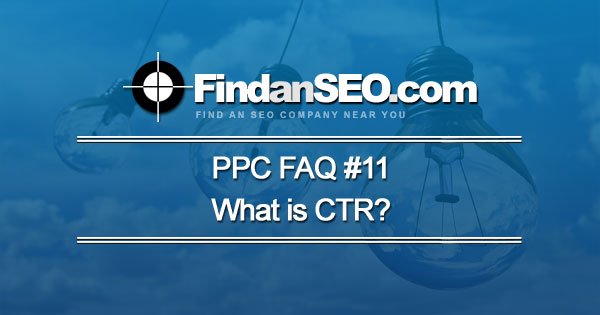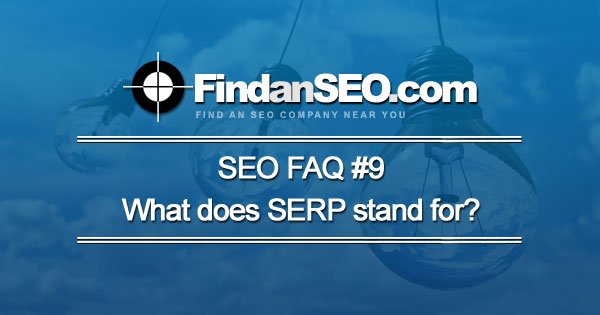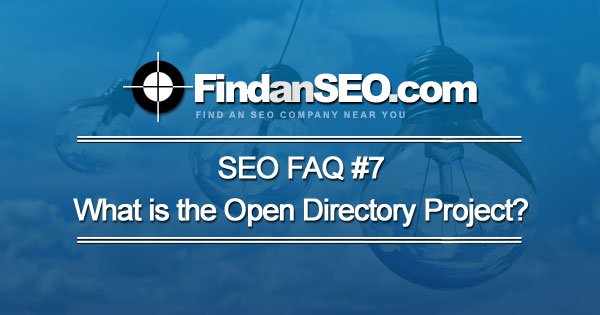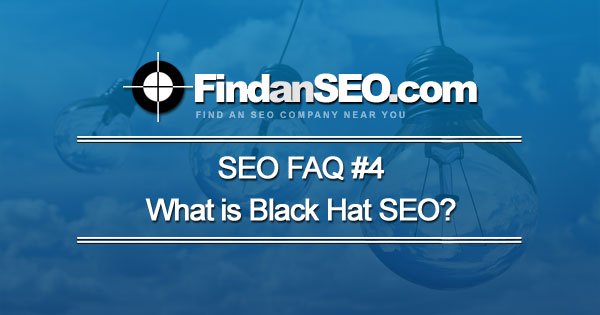Category: General SEO
-

What is CTR (Click Through Rate)?
CTR or Click-Through Rate is a metric (displayed as a percentage) used in both SEO and PPC circles to measure relative performance. Clicks / Impressions = CTR% In SEO, it’s the number of times your organic listing is clicked divided by the number of times your organic listing has been viewed (impressions) in a SERP.…
-

What does SERP stand for?
SERP is an acronym that stands for search engine results page. It is a term often used within SEO circles to describe the results that a search engine returns after a keyword phrase has been searched. The most popular search engines (Google, Bing, & Yahoo) will typically return two types of results on a SERP,…
-

What is the open directory project?
The open directory project (ODP), sometimes referred to as DMOZ, is a one of the largest human edited directories on the web. DMOZ is the abbreviated version of its original URL, directory.mozilla.org. The ODP is owned by AOL (previously Netscape) but is maintained and managed by a close knit group of volunteer editors. Google, as…
-

What is black hat SEO?
Black Hat SEO (Search Engine Optimization) is an ideology followed by certain webmasters to help them increase exposure for a specific website or product. The techniques used to accomplish this exposure is what typically comes into question. In many cases, whether they know it or not, they violate one or more search engine guidelines. These…